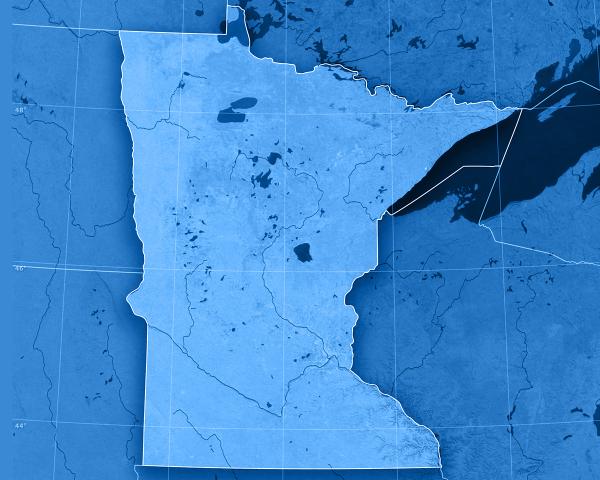MN Breathe Project
Minneapolis College along with University of Minnesota Twin Cities and other colleges in the state are collaborating to address racial inequity in the communities they serve as well as in their own institutions through the MN Breathe Project.
The University of Minnesota received a “Minnesota Transform ” grant through the Mellon Foundation in Mid-January. The University intends to use the almost $5 million grant to fund community-minded research and education initiatives. Jigna Desai, a professor of gender, women's and sexuality studies at the University and the faculty leader for the grant, reached out to Minneapolis College English faculty member Shannon Gibney about the project.
“She said she’s working with this team at the University for this place-based project on connecting (the institution) more deeply through story, through art, through ethnic studies to these marginalized narratives,” said Gibney. Gibney said Desai also mentioned to her the importance of bringing in community-based organizations to partner with, and Minneapolis College students are “exactly the kind of students we want to be involved and take this class.”
Topics in the course will include the tragic death of George Floyd and how it impacted the community, and social change as well as historical and current systems of oppression in Minnesota. Students will study how Minneapolis College has contributed to the racial injustice that impacts its students’ everyday life and will invent potential ways the institution can become a more student-centered college that promotes justice and racial equity.
“Things need to be more student-centered,” said Gibney. “That’s a phrase people like to throw around, but it is actually very hard to do, to really listen to students, to center their experiences, to center their voices and to center their ideas.” She also mentioned how the world of academia isn’t really set up for community college students to succeed.
“College in general is not created for our student body,” said Gibney. “Community college students are at the bottom of the rung as far as prestige and money from the state compared to everybody else. People will deny this claim by saying community colleges students are ‘different.’”
“You talk to people and they use that argument of ‘They’ (Minneapolis College students) are so different from these other privileged students so they can’t focus as much.” Then why do we have everything set up as if they are the same as these privileged students?,” said Gibney. “Most of my students have one or even two jobs, they’ve got kids at home, elders in their family that they are also responsible for, health issues of their own and they are trying to figure out how to pay their rent.”
Beginning in Fall 2021, Minneapolis College students will have the chance to participate in the course titled MN Breathe Project, just like any other class offered at the institution.
“The focus of the entire MN Breathe Project is on Black, Indigenous, and people of color and the ways that interlocking historical systems of oppression have marginalized us disproportionately,” said Gibney. “I am interested in working with everybody, but I really want to deeply empower the voices of those students from marginalized communities which is not just racial.”
The English instructor elaborated that marginalized communities could also include people who identify as transgender, refugees or those who are battling intergenerational poverty. “There are all kinds of ways our students at Minneapolis College are dealing with every social problem you can imagine. That’s why I love working with these students, because they bring all of that experience and knowledge into the classroom.”
Other academic institutions involved in the project include Indigenous colleges and organizations such as Sisseton Wahpeton College, a tribal college in South Dakota and the Minnesota Indian Affairs Council. Gibney will be on sabbatical in Fall 2021 but she will return to teach the MN Breathe Project in Fall 2022.
Read the University of Minnesota story.
Read more about the Minnesota Transform Grant.
